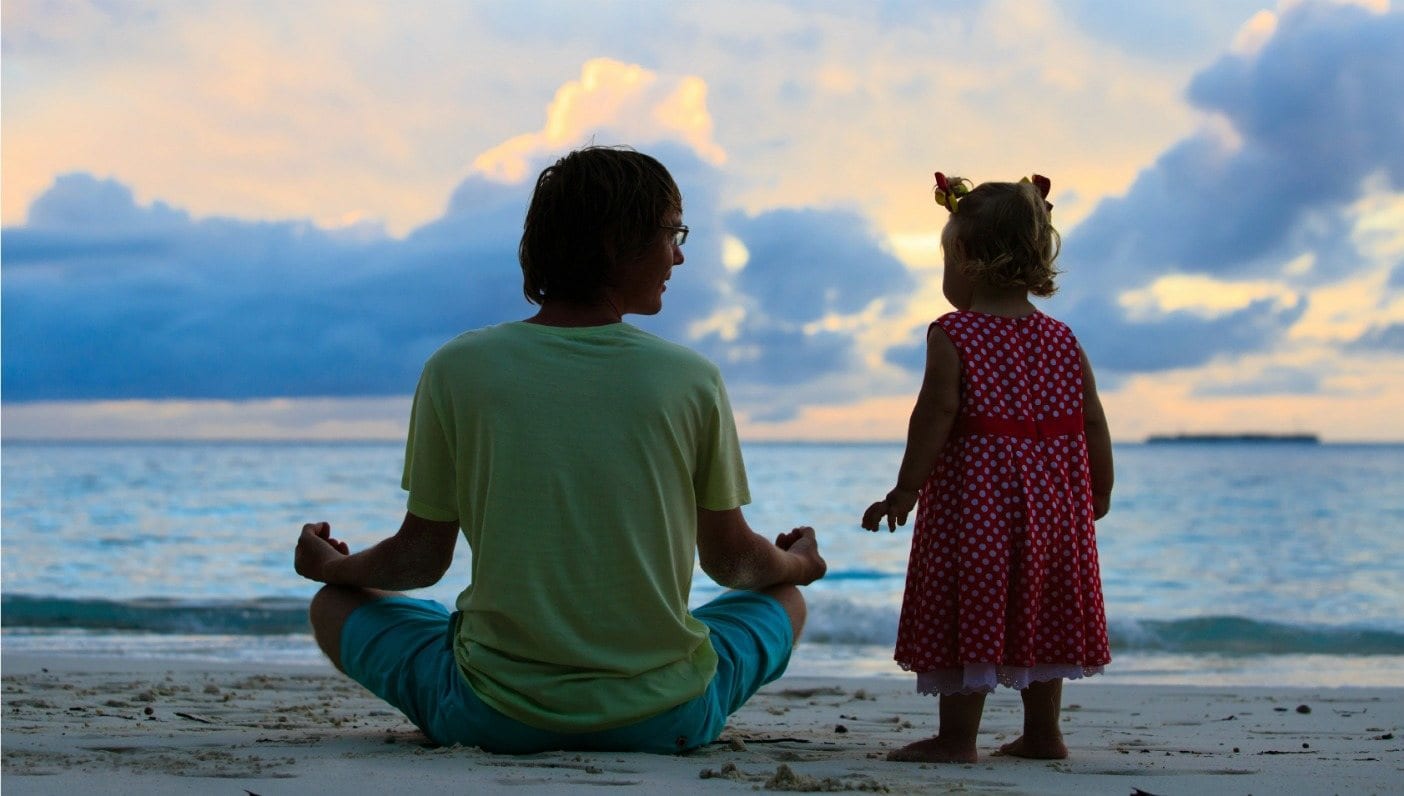
This piece is part of a month-long Wanderlust and YOGANONYMOUS series about self-love.
“You can search throughout the entire universe for someone who is more deserving of your love and affection than you are yourself, and that person is not to be found anywhere. You, yourself, as much as anybody in the entire universe, deserve your love and affection.” – Gautama Buddha
Self-care, by its nature, demands the action of loving-kindness in order to prevent the avoidable damage often done through thoughtless speech, mindless action, and ignorance. On a more personal, individual level, taking care of ourselves is about the relationship we have to our aging body, the relationship we have to ourselves, and the actions we take to live our lives in every moment of every day. In the bigger picture, this thoughtfulness and consideration extends to include our relationships with every living thing, every idea or piece of art we consume.
The Buddha said that our compassion is incomplete if it does not include us, and likewise, true devotion may very well be incomplete without caring for our neighbor.
But is it possible to overdo self-care?
In its authentic practice, self-care is not a way to escape from pain, but is more accurately the practice of avoiding potential pain altogether by taking care in the present, and by uprooting and replacing those activities, people, or beliefs that have caused suffering in the past.
Self-love is a multidimensional practice, and one that we must work to fully understand and appropriately put into practice.
More Than Just Self-Loving Behavior
The yogic ancestors wrote that, “The goal of Yoga is Yoga,” as in the union of individual consciousness with the universal consciousness, “the union between the Jivatman and Paramatman,” (Sivananda Yoga).
Swami Jnaneshvara clarifies that we can confuse the tools we use to move towards Yoga as being Yoga itself. So it follows that we may confuse the behaviors of self-love (healthy diet, consistent sleep, positive relationships, etc.) with self-love. Think about martyrdom. When we apply the techniques of self-love mentioned above to others while neglecting the primary relationship of being considerate to ourselves, we suffer. Choosing to be a martyr for your family or your job may exempt you from taking care of yourself, first.
But is this a way of avoiding an underlying truth of self-worth or importance? Sacrificing the five-minute daily meditation your teacher gave you in order to get ahead on tomorrow’s work meeting might help you avoid a talk from your boss, but it won’t help you move beyond chronic anxiety. While giving up your phone date with your best friend may free you up to help the kids start their homework earlier, it may not do much to help you blow off steam or take a mental break and have a good adult-style laugh.
The Cloak of “Self-Care”
Sometimes what we think is self-care or us practicing self-love, is actually something different, in disguise. Taking two asana classes every day of the week could be a form of punishment brought about by body image or health status issues and not actually the devotional practice of self-realization. Aggressively changing your diet may be essential when the body is fighting an illness, but may be a form of unhealthy deprivation, otherwise.
There may be a thinner line between self-care and narcissism than previously thought, and one that us dedicated practitioners can benefit from calling in to question every now and again. Becoming too deeply attached to the practices that help us care for our body-mind may result in self-righteousness, know-it-all-ness, and segregation. Honoring that what works for one may not work for all can keep us in check, especially when we unlock the perfect combination of diet/exercise/pampering that keeps us at 100 percent all day long.
Self-care can also be used as a form of escapism. But obsession is not to be confused with devotion. Is it possible to confuse self-care with escapism in order to avoid the uncomfortable process of true self-acceptance? Yes.
We have some work to do, in our communities, and ourselves.
Self-Care and the Community
Self-care, as true restoration of the body-mind energy, at some point must include the application of care onto the environment and community. No one exists in isolation. Even in dense moments of aloneness, our psychology illustrates the deep schisms of influence from our family, culture, politics, and beliefs (or lack thereof). Yoga is the science of relationship, and even in loneliness, we relate to ourselves.
But as we keep this in mind, it’s important to note that sacrificing your happiness or well-being for others is a form of suffering that is avoidable. As stated in the Yoga Sutras of Patanjali, “Heyam dukham anagatam” (Sutra 2.16), the suffering that is yet to come should be avoided. While it may be easy for the giving-type to confuse self-sacrifice with “taking one for the team,” under-doing self-care has a definite expiration date!
So, is it possible to overdo self-care? No, I don’t think so—when it’s authentic.
—
 Niki Saccareccia (E-500) is an author and Clinical Behavior Therapist. Niki’s insight into personal transformation is a unique and rare blend of methods from Western Psychology and Eastern Wisdom Traditions. Her approach is practical and concise, blending the best elements of alignment and mindfulness teachings into her classes. For more about Niki, visit www.lightinsideyoga.com.
Niki Saccareccia (E-500) is an author and Clinical Behavior Therapist. Niki’s insight into personal transformation is a unique and rare blend of methods from Western Psychology and Eastern Wisdom Traditions. Her approach is practical and concise, blending the best elements of alignment and mindfulness teachings into her classes. For more about Niki, visit www.lightinsideyoga.com.